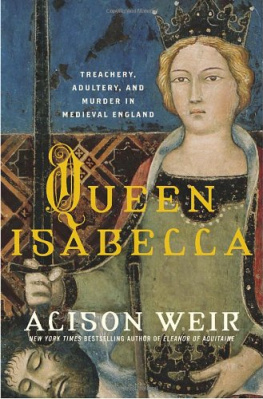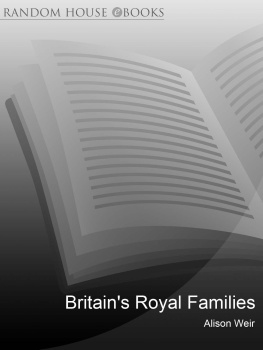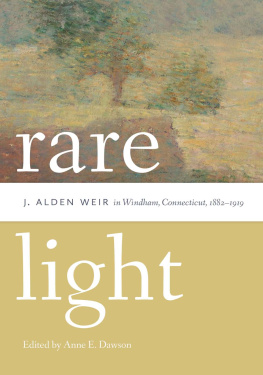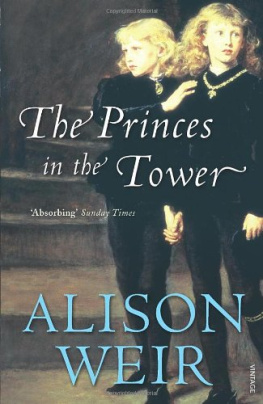Religion and Lust
OR
THE PSYCHICAL CORRELATION
OF RELIGIOUS EMOTION
AND SEXUAL DESIRE
BY
JAMES WEIR, JR., M. D.
AUTHOR OF THE DAWN OF REASON, ANIMAL INTELLIGENCE, ETC.
THIRD EDITION
REVISED AND ENLARGED WITH ADDITIONAL NOTES.
CHICAGO
CHICAGO MEDICAL BOOK CO.
1905
Copyrighted August, 1897,
By
James Weir, Jr., M. D.
Copyrighted March, 1905,
By
James Weir, Jr., M. D.
PREFACE TO SECOND EDITION.
In preparing The Psychical Correlation of Religious Emotion and Sexual Desire for its second edition, the author has incorporated in it a considerable amount of additional evidence in support of his theory. He has carefully verified all references; he has endeavored to eliminate all unnecessary material; and, finally, he has changed the style of the work by dividing it into three parts, thus greatly simplifying the text. He feels under many obligations to his critics, both to those who thought his little book worthy of commendation, and to those who deemed his premises and conclusions erroneous. He feels grateful to the former, because they have caused him to believe that he has added somewhat to the literature of science; he thanks the latter, because in pointing out that which they considered untrue, they have forced him to a new and more searching study of the questions involved, thereby strengthening his belief in the truthfulness of his conclusions.
To the second edition of The Psychical Correlation of Religious Emotion and Sexual Desire, the author has seen fit to add certain other essays. In preparing these essays for publication, he has borrowed freely from his published papers, therefore, he desires to thank the publishers of the New York Medical Record, Century Magazine, Denver Medical Times, Charlotte Monthly and American Naturalist for granting him permission to use such of his published material (belonging to them) as he saw fit.
The author asks the indulgence of the reader for certain repetitions in the text. These have not been occasioned by any lack of data, but occur simply because he believes that an argument is rendered stronger and more convincing by the frequent use of the same data whenever and wherever it is possible to use them. When this plan is followed, the reader, so the author believes, becomes familiar with the authors line of thought, and is, consequently, better able to comprehend and appreciate his meaning.
Finally, the author has been led to the publication of these essays by a firm belief in the truthfulness of the propositions advanced therein. He may not live to see these propositions accepted, yet he believes that, in the future, perhaps, in worthier and more able hands, they will be so weightily and forcibly elaborated and advanced that their verity will be universally acknowledged.
Waveland, September 17, 1897.
PREFACE TO THIRD EDITION.
The author, after mature consideration, has thought it advisable to confine the subject matter of the Third Edition of Religion and Lust almost wholly to the psychical correlation of religious emotion and sexual desire. He has eliminated certain of the psychical problems embraced in the First and Second Editions and has added instead a bibliography. The student, he thinks, will find these changes of value, especially in the matter of reference. The author has also added certain data to the thesis of the work, as well as foot-notes; which, he thinks, will strengthen the deductions and conclusions therein enunciated. He has carefully and conscientiously edited and verified all notes and quotations to be found in the book and rests satisfied in the conviction that, whatever may be lacking in his little volume, it will not be the truth, the whole truth, and nothing but the truth.
Waveland, Owensboro, Ky., Feb. 25, 1905.
CHAPTER I.
THE ORIGIN OF RELIGIOUS FEELING.
I believe that man originated his first ideas of the supernatural from the external phenomena of nature which were perceptible to one or more of his five senses; his first theogony was a natural one and one taken directly from nature. In ideation the primal bases of thought must have been founded, ab initio, upon sensual perceptions; hence, must have been materialistic and natural. Spencer, on the contrary, maintains that in man, the first traceable conception of a supernatural being is the conception of a ghost.
Primitive mans struggle for existence was so very severe that his limited sagacity was fully occupied in obtaining food and shelter; many thousands of years must have passed away before he evolved any idea of
It is an evident historical fact that man first personified natural phenomena, and then made use of these personifications to personify his own inward acts, his psychical ideas and conceptions. This was the necessary process, and external idols were formed before those which were internal would, undoubtedly, lead some of them to a natural religion such as our pithecoid ancestors practiced.
The Egyptians noticed, over four thousand years ago, that cynocephali, the dog-headed apes of the Nile Valley, were in the habit of welcoming the rising sun with dancing and with howls of joy! The habit of certain monkeys (cynocephali) assembling, as it were, in full court, and chattering noisily at sunrise and sunset, would almost justify the, as yet, uncivilized Egyptians in intrusting them with the charge of hailing the god morning and evening as he appeared in the east or passed away in the west. alarmed, to his hiding-place beneath a bed. This dog has never been shot over, nor has he, as far as I know, ever heard the sound of a gun. I am confident that he considers the thunder as being supernatural, and that he would propitiate it, if he only knew how.
It is not probable that, at the present time, there exists a race of people which has not formulated an idea of ghost or soul; yet in ancient times, and up to a century or so ago, there existed many peoples who had not conceived any idea of ghosts or doubles.
According to Maspero, Sayce, Champollion, and other Egyptologists, the ancient Egyptians probably had a natural theogony long before they arrived at any idea of a double. In the beginning they treated the double or ghost with scant ceremony; it was only after many years that an element of worship entered into their treatment of the ghosts of their dead ancestors. They believed, at first, that the double dwelt forever in the tomb along with the dead body;
Certain autochthons of India, when first discovered, were exceedingly immature in religious beliefs; they had neither god nor devil; they wandered through the woods subsisting on berries and fruits, and such small animals as their undeveloped and feeble sagacity allowed them to capture and slay. They did not even provide themselves with shelter, but, in pristine nakedness, roamed the forests of the Ghauts, animals but slightly above the anthropoid apes in point of intelligence. In Central California we find, says Bancroft, whole tribes subsisting on roots, herbs, and insects; having no boats, no clothing, no laws, no God.



















